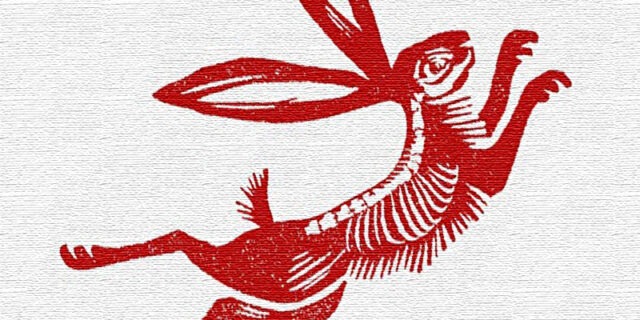From Crime Reads:
Rotten Wood. Henchman’s Coppice. Ashes Hollow. These place names in the English county of Shropshire, along with the evocative Hawkyard, Starvecrow and Hungry Hill, hint at long-forgotten events that left an indelible stain. A dark past is literally written onto the map of this land.
In my latest novel, The Last To Know, American journalist Rose Kynaston goes to live in the Shropshire village of her husband’s youth. She steps out of a 21st century world of international travel and broadcast news, into a timeless landscape of legend and folklore.
Rose interprets the place names around her new home as a warning; The Long Drop, The Grim’s Holm, Hurtwood House. To her, the locals seem complacent in the face of these signposts to a murky past and present dangers. Perhaps, as indigenous folk, they have hard-won wisdom about the unique ways of the land? Perhaps, as an outsider, Rose needs to be broken in.
I don’t want to give the impression that my American Rose is some kind of bastard love child of Kate Bush and the Blair Witch. But like other suspense writers who dip their nibs into the cursed waters of folk horror, its elements may be sprinkled into a contemporary novel to create an atmosphere of dread.
. . . .
The resurgence of the genre shows that folk horror is apt for our times. Identities are fluid. No bad deed goes unpunished. The civilized world is only a heartbeat away from primal and uncanny threats.
The genre is also nostalgic for a rural England that is as far from Downtown Abbey as you can get in a four-horse carriage. This England is afeared of change. In times of crisis, we return to the old ways, which offer a reassuring connection to a simple past. But at the cost of old evils. There is a sense that all progress is a chimera, that our modern sophistication is itself a form of naivety.
Step into the forest (or the marshes or the moors) and I am no different to my ancestors. Alone. Vulnerable. Insignificant in the presence of something older, deeper, unknowable but unquestionably there. I may glimpse a movement in the trees and wonder if it’s real. Then I realize that of course it’s real; it’s me that is ephemeral. Only I am in doubt.
It is deeply unsettling for modern people to encounter forces out of our control. We believe we control nature itself; fertility, aging, health. We have a choice over where and how we live. Via technology, we have all human knowledge at our fingertips, so we rarely need to wonder. And yet our biggest questions remain stubbornly unanswered. Why do bad things happen? How do I know who to trust? What makes someone evil?
. . . .
Likewise, these ten novels dig into folk horror and human psychology to ask one question; Is it real or isn’t it?
Starve Acre, Andrew Michael Hurley
“Guilt is a kind of haunting,” says Hurley about his novel, which features a Robin Goodfellow-style demon. Supernatural elements encroach on the characters, moving from the edge of scenes into the foreground, in a novel that explores grief over the loss of a child.
Little Darlings, Melanie Golding
Lauren Tranter’s belief that her newborn twins have been stolen by fairies and replaced with changelings is dismissed as post-natal psychosis, in this artful extrapolation of a new mother’s rational—and irrational—fears.
Link to the rest at Crime Reads
PG hadn’t heard about Folk Horror until F. sent him some information.
